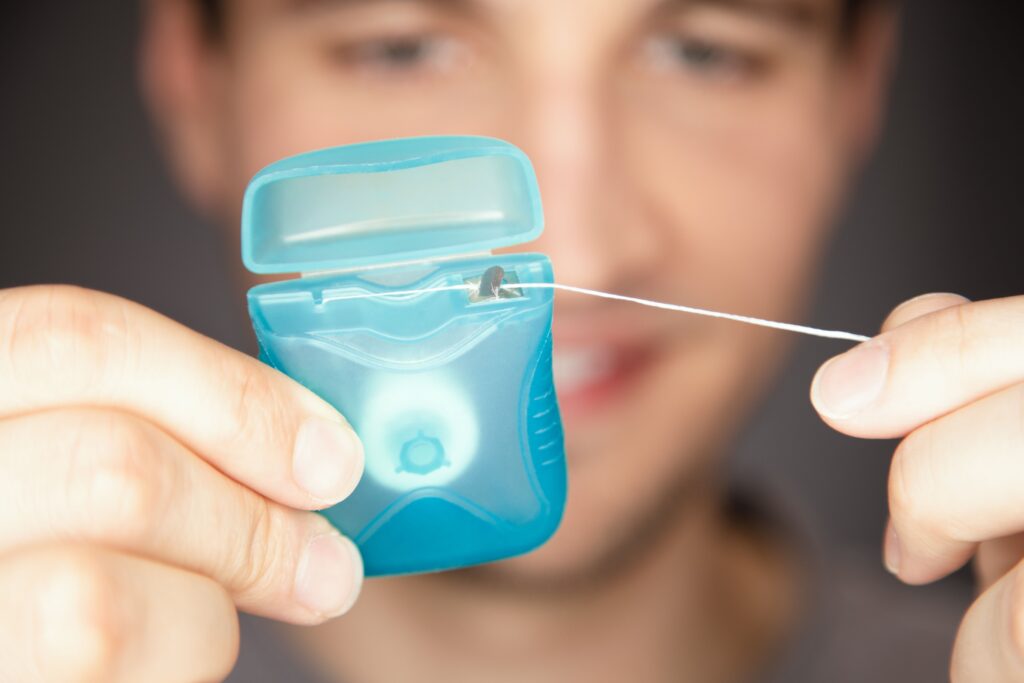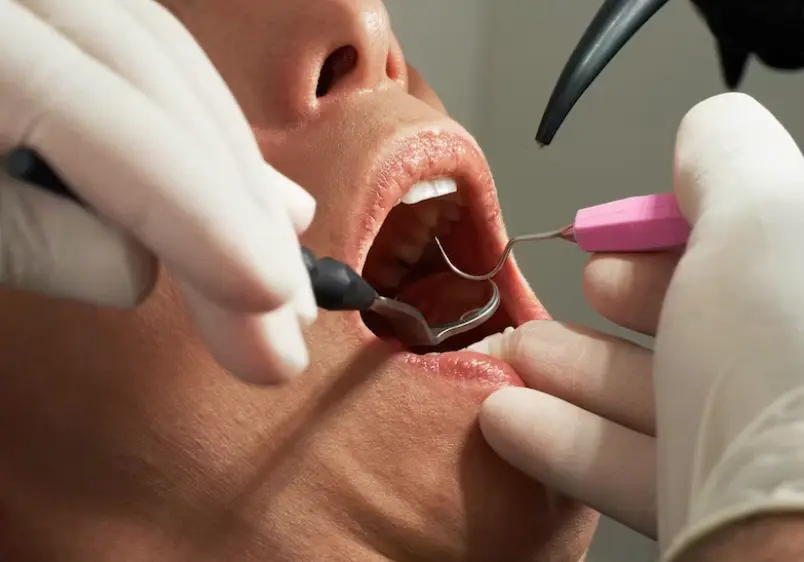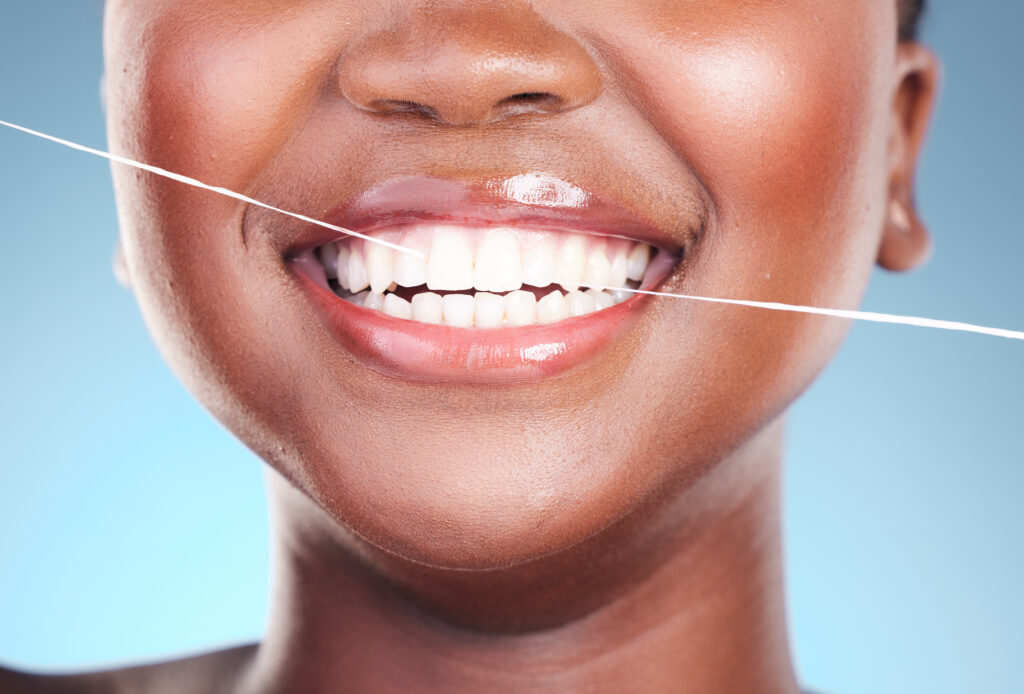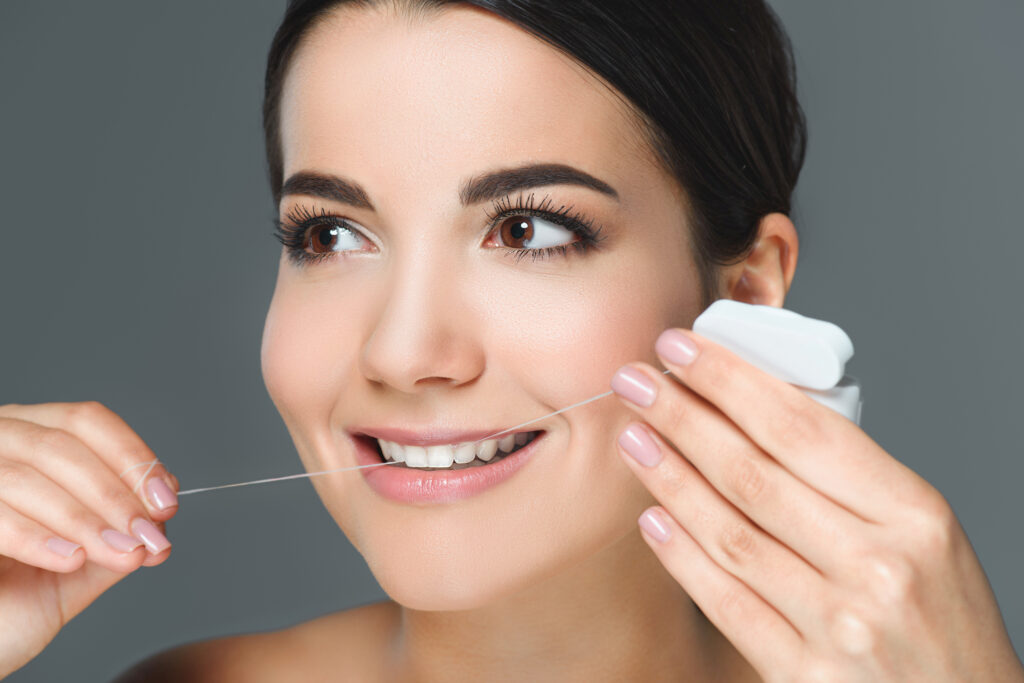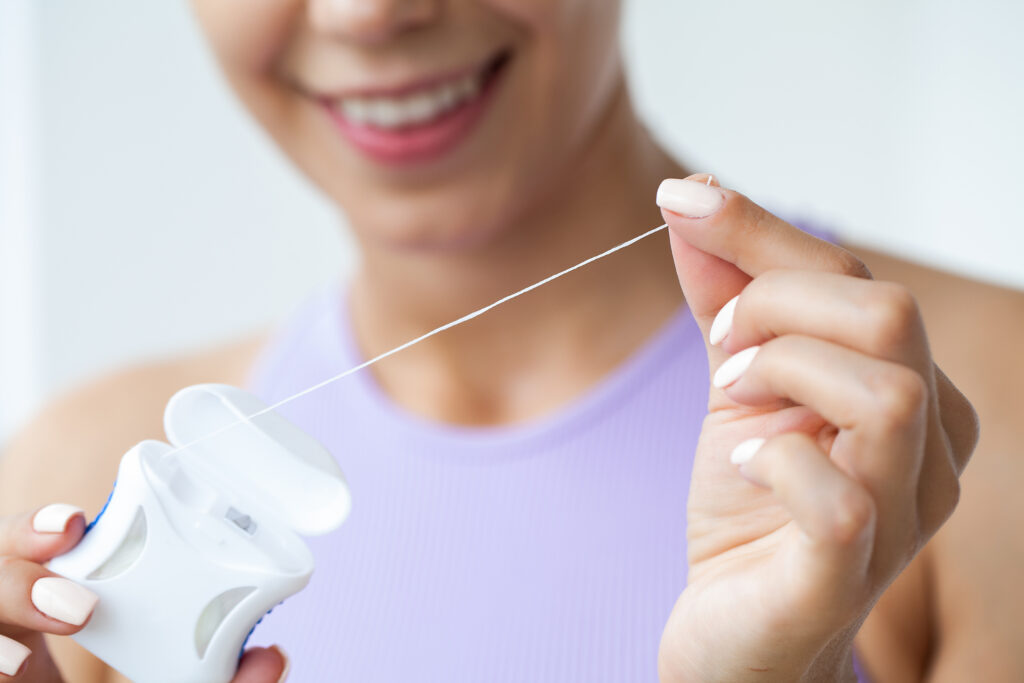Maintaining good oral hygiene involves various practices, and tongue scraping is often recommended to reduce bacteria and improve breath. However, questions arise about the possibility of overusing a tongue scraper. In this comprehensive exploration, we address the frequency of tongue scraping, potential negative effects, and whether it can damage taste buds.
The direct answer is yes, it is possible to overuse a tongue scraper. While this tool can be effective in removing bacteria, debris, and dead cells from the tongue’s surface, excessive use may lead to unintended consequences. Let’s delve into the nuances of tongue scraping to better understand its optimal application.

How Often Can You Scrape Your Tongue?
Tongue scraping can be a beneficial practice when done in moderation. It’s generally recommended to scrape your tongue once a day as part of your oral care routine. However, excessive scraping, such as multiple times a day, may irritate the tongue’s delicate tissues and lead to discomfort. It’s essential to strike a balance and not overdo this practice.
It’s worth noting that not everyone may need to incorporate tongue scraping into their routine. While some individuals find it beneficial, others may achieve satisfactory oral hygiene through regular brushing and flossing. Consulting with your dentist can help determine the most suitable oral care practices for your specific needs.
Are There Any Negative Effects of a Tongue Scraper?
While tongue scraping is generally considered safe and effective, there are potential negative effects associated with overuse:
1. Irritation and Sensitivity:
Excessive scraping may lead to irritation and increased sensitivity of the tongue’s surface. This can result in discomfort and make the oral care routine less pleasant.
2. Disruption of Natural Flora:
The tongue harbors both harmful and beneficial bacteria. Overusing a tongue scraper may disrupt the balance of these microorganisms, potentially affecting the natural flora of the mouth.
3. Risk of Infection:
Aggressive scraping may cause tiny abrasions on the tongue, creating entry points for bacteria. This increases the risk of infection, undermining the very purpose of oral hygiene practices.
Can Using a Tongue Scraper Damage Taste Buds?
Concerns about damaging taste buds through tongue scraping are generally unfounded if the practice is done correctly and in moderation. The taste buds on the tongue are resilient, and gentle scraping is unlikely to cause permanent damage. However, aggressive or frequent scraping may lead to temporary irritation, affecting taste perception until the tongue heals.
It’s crucial to use a soft, flexible tongue scraper and to avoid excessive pressure during the scraping process. If you experience persistent changes in taste or discomfort, consult with your dentist for guidance on proper tongue care.
Conclusion
In conclusion, while tongue scraping can be a beneficial addition to your oral care routine, overusing a tongue scraper may result in negative effects such as irritation, disruption of natural flora, and a potential risk of infection. It’s essential to follow recommended practices and consult with your dentist to determine the most suitable oral hygiene routine for your needs.
For personalized guidance on oral care, including the use of tongue scrapers, contact your dentist. If you’re seeking expert dental care and support, Family Tree Dental of the Mid-Ohio Valley is here to assist you. Reach out for comprehensive dental services tailored to your unique needs and maintain optimal oral health.




